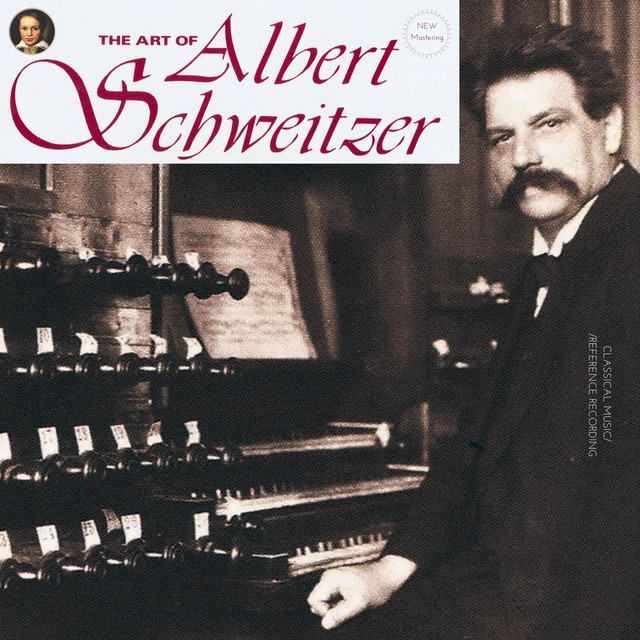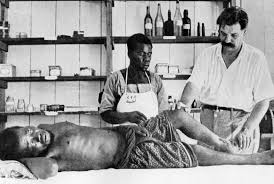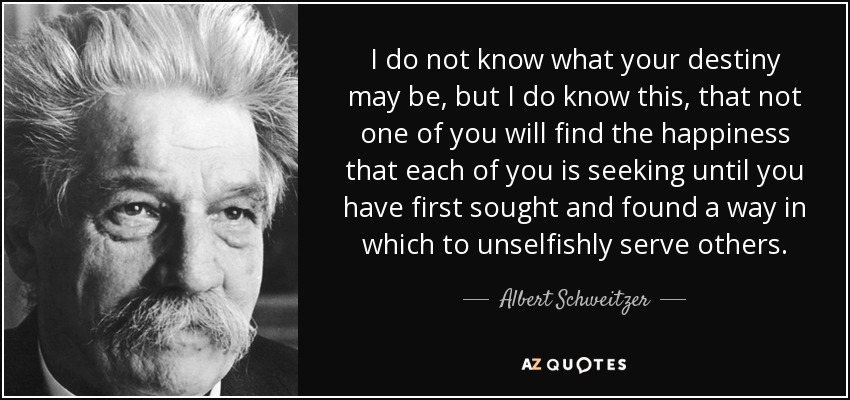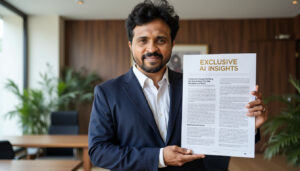Albert Schweitzer was born on January 14, 1875, in a little village called Kaysersberg, which was part of the German Empire at the time. From a young age, he was a prodigy. His father, a Lutheran pastor, taught him to play music, and by the time he was a teenager, Albert was already impressing people with his organ-playing skills.
He went on to study theology and music at the University of Strasbourg, where he dived deep into the works of Johann Sebastian Bach. Imagine being so good at something that you end up writing a book about it—Albert did just that, with his work on Bach’s music becoming hugely influential.
Albert wasn’t just a scholar; he was also a celebrated musician. His organ recitals were legendary, and he even made significant contributions to the construction and design of organs.
He could have easily continued with his successful career as a theologian, philosopher, and musician. He was already making a name for himself and was well-respected in these fields. In fact, he was even friends with some of the most prominent musicians and scholars of his time.

The Turning Point
At 21, Albert felt a profound calling while reading the Book of Matthew. The passage “Heal the sick, cleanse the lepers, raise the dead, cast out devils: freely ye have received, freely give” resonated deeply with him. He decided to dedicate his life to helping those who were suffering.
For the next many years, he tried what he could but he was not satisfied. So, in 1905, Albert decided to take a completely different path. At the age of 30, he felt the need to help people more directly which went beyond his comfortable academic and musical life. So, he decided to become a doctor. Can you imagine that? He went back to university, studied medicine, and by 1913, he had his M.D. degree.
But Albert didn’t just want to practice medicine anywhere. He wanted to make a real difference in a place where help was desperately needed. So, he moved to Lambaréné in Gabon, Africa, and established a hospital there.
This was no easy task. The conditions were harsh, with rampant diseases like leprosy, dysentery, and malaria. Yet, in their first nine months, they treated over 2,000 patients. The hospital grew from a few makeshift huts to a large compound with 70 buildings and 350 beds, including a leper colony for 200 people.

During World War I, things got even tougher for them as they were German citizens in a French colony. They were put under supervision and later interned in France. Despite these hardships, Albert never gave up on his mission. After the war, he returned to Lambaréné, rebuilt the hospital, and continued his work with even more dedication.
Albert’s philosophy of “Reverence for Life” guided his work and earned him the Nobel Peace Prize in 1952. He raised funds through benefit concerts and lectures, becoming a symbol of selflessness and humanitarianism. However, his legacy is complex. Some of his views, especially his paternalistic attitudes towards Africans, are controversial today. These comments reflect the colonial mindset of his era, which is difficult to reconcile with his humanitarian deeds.
Despite these contradictions, Schweitzer’s impact was immense. Albert showed the world that we can let go of our past, start afresh at any age, and could make a tremendous difference to the world, no matter how impossible it seemed at the start.

Isn’t that an incredible story?
Albert Schweitzer gave up a life of comfort and recognition to follow a path of immense challenge and greater purpose. He’s a true example of how impossible achievements can be realised through dedication and a deep sense of compassion.
So, how about you and me?
What can we start learning today?
Have you ever felt a calling to do something which you have been putting off?
Are there ways you can use your skills and passions to make a bigger impact in the world?
What’s your next phase of growth, and how can you take a step towards it today?
Hope this story inspires you to ponder over these questions and find some actionable answers!



